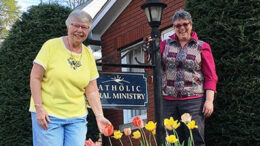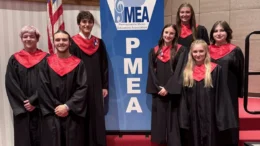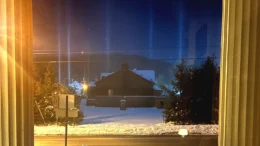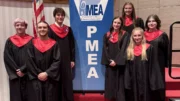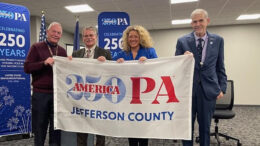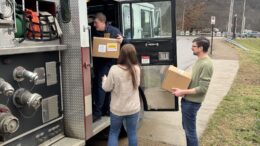By SALLY BELL and SAXON DAUGHERTY
Staff writers
Cranberry School Board members passed a resolution Monday night opposing legislation that would eliminate school property taxes.
Other districts have weighed in on the proposed plan – the Property Tax Independence Act – as well.
In Cranberry, the resolution was signed by board members and will be sent on to local legislators.
Property taxes provide 28 percent of Cranberry’s annual revenue budget, and education would be severely disrupted if the district could not collect those funds, the resolution said.
This legislation “is not a panacea” for taxpayers even though the elimination of property taxes sounds good on the surface, according to the Pennsylvania School Boards Association (PSBA).
First, the proposal would simultaneously hike income and sales taxes on an expanded base of goods and services.
In doing so, it would take the taxing authority away from the local control of school districts and into the hands of the state, PSBA said.
Second, the legislation provides no funding mechanism for recouping what’s lost from income and sales taxes for school districts in times of economic recession, educators said.
“There’s still no explanation of what we’re going to get,” Bill Vonada, the Cranberry superintendent, said at Monday’s school board meeting.
Third, PSBA said, the legislation “removes all safety valves” in that it curtails districts to incur new debt. This ties educators’ hands when unexpected costs increase such as needs for special education or roof repair.
The plan doesn’t entirely eliminate property taxes as it would appear, said Pamela Dye, the Franklin superintendent.
As PSBA explained, taxpayers will still be responsible for property taxes to counties and other local governments.
“On the surface, the idea of property tax going away is a nice one,” Oil City Superintendent Pat Gavin said. “Who wouldn’t want to have their property taxes eliminated? But when you peel that back a little bit, the state has already said that districts would not get less money than what they are already getting.”
Gavin went on to say that taking control away from local districts and giving it to the state could end up benefiting urban areas such as Pittsburgh and Philadelphia where there are more students.
In the meantime, school districts in rural areas would be disproportionately affected in a negative way, Gavin said.
“The question marks and the lack of details make (the proposed legislation) a huge concern,” said Kevin Briggs, the Valley Grove superintendent. “The property tax system is probably the most stable and most predictable. Everybody is just kind of playing the wait-and-see game,” Briggs added.



